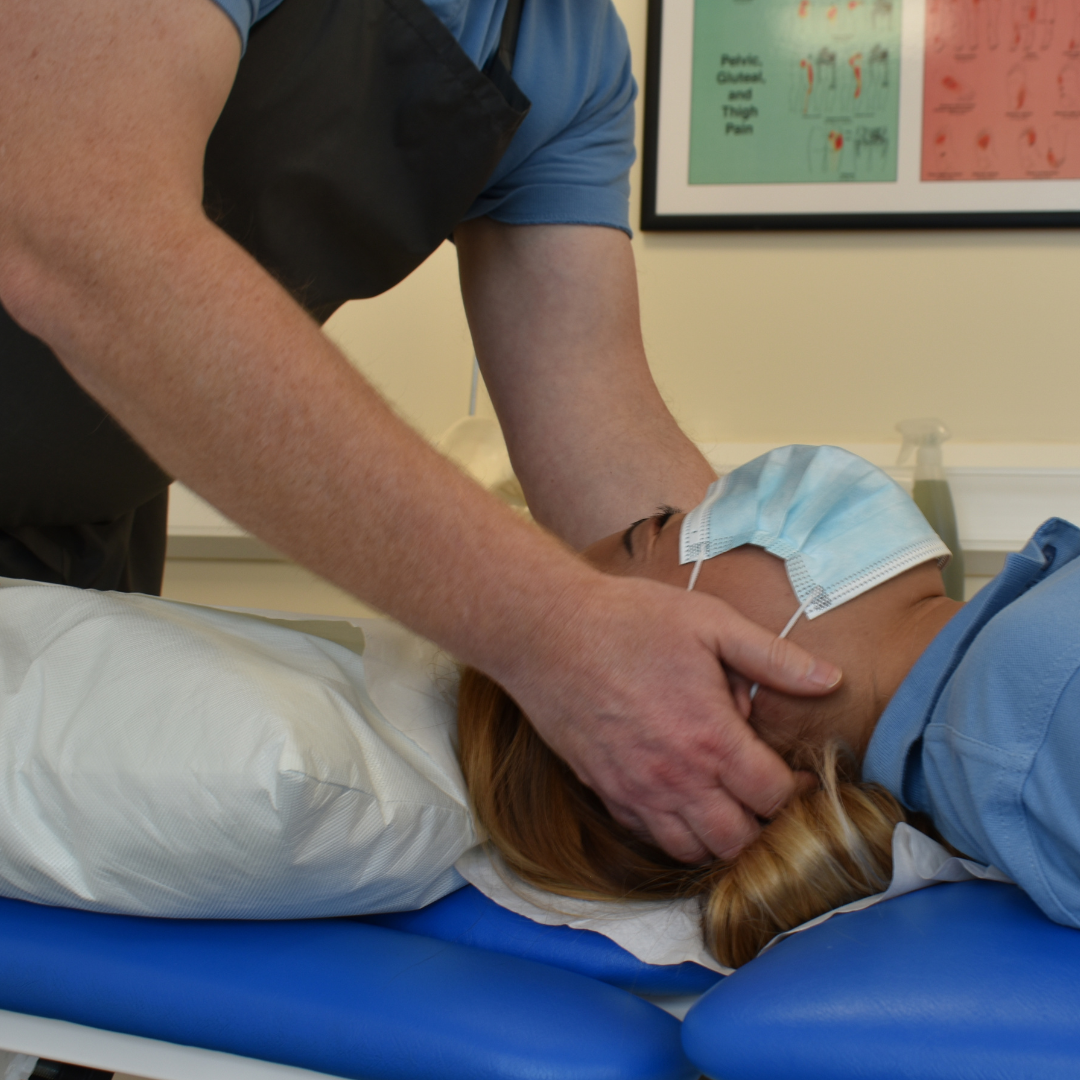What is the difference between a Physiotherapist and a Sports Therapist?
So, you've been injured and need some help getting back on your feet. You've heard of Physiotherapists and Sports Therapists, but you're not sure what the difference is between the two. In this blog post, we'll compare and contrast Physiotherapy and Sports Therapy so that you can make an informed decision about who to see for your recovery. Keep reading to learn more!
1. Physiotherapists are medical professionals who help people recover from injuries and illnesses
Physiotherapists are healthcare professionals who specialise in the assessment, diagnosis and treatment of a wide range of conditions, including neurological, musculoskeletal and cardiovascular disorders. In the UK, Physiotherapy is a regulated profession, and all practicing Physiotherapists must be registered with the Health and Care Professions Council (HCPC). The title of "Physiotherapist" is a protected title, which means that only those who have successfully completed an approved Physiotherapy degree can use it. Physiotherapists work in a variety of settings, including hospitals, clinics, community health centres and private practices. Many Physiotherapists also work in research or education.
In addition to generalist Physiotherapists, there are also specialist roles such as neurology and musculoskeletal Physiotherapy. These Physiotherapists have additional training in their chosen area and work with patients who have conditions affecting these specific body systems.
2. Sports Therapists are specifically trained to help athletes prevent and treat sports-related injuries
Sports Therapists are health professionals who work with athletes to prevent and treat injuries, and to enhance performance. In order to become a Sports Therapist, one must complete a professional body-accredited degree or diploma in Sports Therapy. These programmes typically cover topics such as human anatomy, physiology, and biomechanics, as well as sports massage and rehabilitation exercises.
In addition, Sports Therapists must have a good understanding of musculoskeletal conditions in order to provide effective treatment. Once qualified, Sports Therapists can work in a variety of settings, including clinics, hospitals, and professional sporting clubs. Ultimately, their goal is to help athletes recover from injury and reach their full potential.
Sports Therapist is not a protected title, which means any practitioner could call themselves a Sports Therapist. Insurance providers will usually not cover treatment from Sports Therapists. If they do, they will usually ask for details of their professional qualifications and memberships.

3. Physiotherapists and Sports Therapists both use a range of treatments, including exercise, massage, and electrical stimulation
With any branch of healthcare, the patient experience will depend on the skills of the practitioner, and the training they have done during and since their qualification. The biggest difference a patient will notice is whether their practitioner takes a “Hands On” or a “Hands Off” approach. Even before Covid, but particularly since, many NHS-provided Physiotherapy services have moved to a Hands Off approach, meaning therapy will be provided through individual or group exercise prescription.
This is not a bad thing. Both Physiotherapy and Sports Therapy are exercise-based approaches that focus on helping patients regain strength, flexibility, and range of motion. However, Massage and electrical stimulation are also commonly used treatments. Massage can help to loosen muscles and reduce pain, while electrical stimulation can help to reduce inflammation and promote healing. Other treatments may include Shockwave Therapy and Laser Therapy. Therapists work with patients of all ages and abilities, and they tailor their treatments to each individual's needs. As a result, both Physiotherapy and Sports Therapy are effective and versatile treatment option for a wide range of conditions.
4. Key questions to ask when selecting your practitioner
a. What their professional title is – We have often seen insurance companies reject claims for treatment with Sports Therapists. If you are planning to use your insurance, make sure you know what their requirements are before commencing treatment.
b. Will the approach be “Hands On” – The patient experience can vary greatly between “Hands On” and “Hands Off”. Effectiveness of each approach can vary, particularly when an injury is chronic. Be sure to understand what kind of treatment you will receive before starting.
c. What is the plan? – While each body is different and heals at different rates, your practitioner should have a fairly good idea of what the recovery process will be from the first session. You should come away from that session with a good level of understanding of the frequency of appointments and the time it will take to substantially recover from your issue.
6. Both Physiotherapists and Sports Therapists can help you recover from an injury or improve your performance
There is considerable overlap in the skillsets of Physiotherapists and Sports Therapists. The skills of both practitioners are well suited to treatment of sports or musculoskeletal injuries. Likewise, both can help improve weaknesses and imbalances in the body to achieve optimal sporting performance.
So, what’s the difference?
In short, Physiotherapists are experts in movement and Sports Therapists are experts in muscles and sports injuries. There is considerable overlap. Both can treat sports and musculoskeletal injuries. It is important to check with your insurer about which practitioner they will cover for treatment. If you would like to find out more about Physiotherapy or Sports Therapy at Kube Medical, please get in touch. We have a team of highly skilled practitioners who would be happy to help you get back on your feet as quickly as possible.











